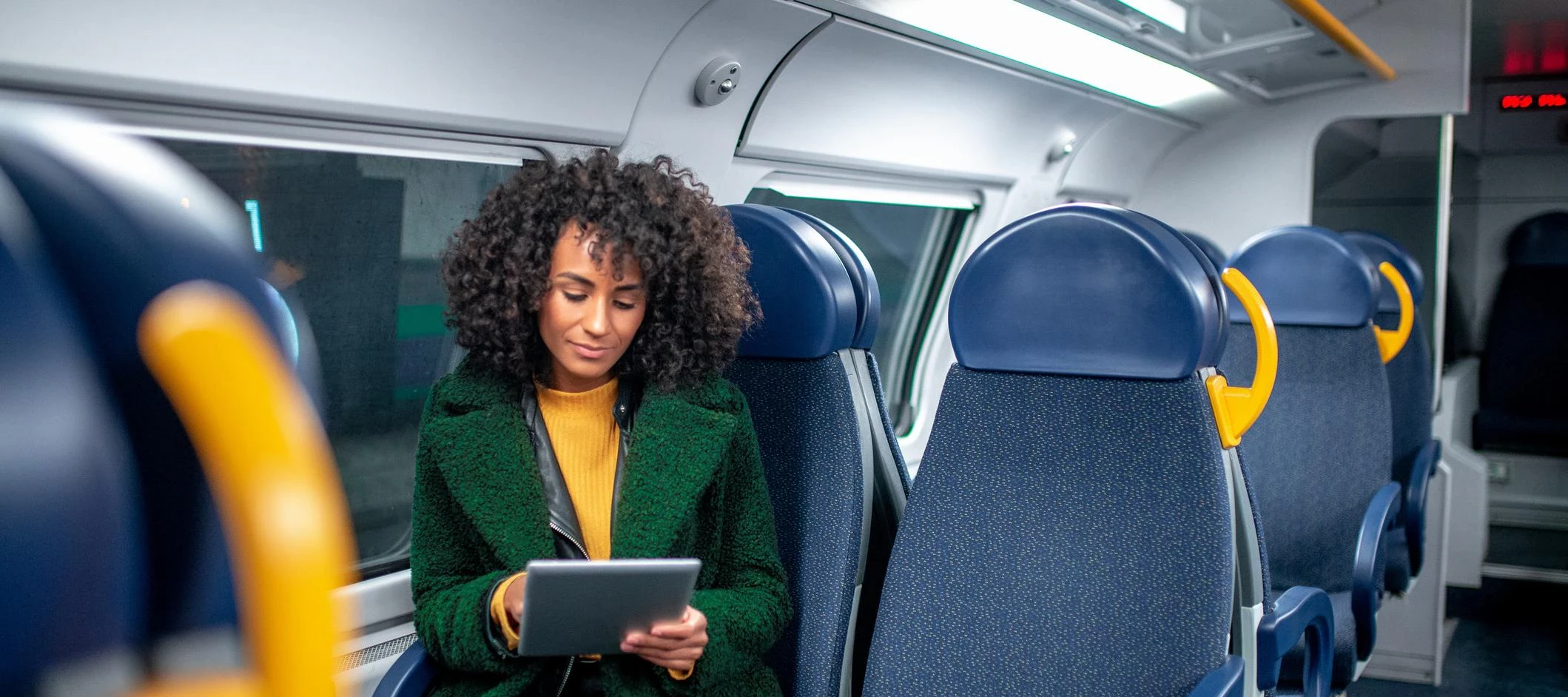Innovative solutions - Concur Expense
At SAP Concur, we strive to anticipate our customers' needs and deliver innovative solutions that make managing travel and expenses simpler, more efficient, and effective. Today, we are excited to announce the latest advancements in our SAP Expense solution.AI-Powered Receipt ScanningOur new AI-powered receipt scanning feature transforms how employees manage their expenses. This cutting-edge functionality allows users to take a photo of their receipts, and our AI technology will automatically extract and categorize the relevant details, significantly reducing manual entry and errors.Smart receipt categorization for faster approvals. Automated data extraction reduces manual input by up to 85%. Enhanced accuracy ensuring financial integrity and compliance.“With AI-powered scanning, our goal is to alleviate the burdens of manual expense reporting,” said Chris Juneau, SVP and Head of Product Marketing at SAP Concur. “This feature provides an opportunity to enhance accuracy while saving time for everyone involved in the expense management process.”Enhanced Expense Policy ComplianceSAP Concur is enhancing expense policy compliance features within the SAP Expense solution to support more robust oversight and simplification of compliance checks.Real-time detection of non-compliant submissions. Automated flagging for out-of-policy expenses. Customizable compliance rules to align with company policies.These improvements are designed to help businesses maintain compliance effortlessly, reducing risk and improving transparency across the board.Mobile Expense ReportingKeeping pace with the mobile-first world, we’ve made significant enhancements to our mobile expense reporting capabilities. The SAP Concur mobile app now offers:Quick and easy expense submission on the go. Push notifications for reminders on pending submissions. Seamless integration with mobile receipt scanning. Real-time analytics to track expense trends and approvals.This allows employees to manage and submit expenses anytime, anywhere, ensuring timely reimbursement and expense tracking, all in the convenience of their mobile devices.Expense Analytics DashboardWe are also rolling out new enhancements to our Expense Analytics Dashboard. This refreshed dashboard provides a comprehensive, real-time view of spending and trends, giving finance teams the insights needed to make informed decisions.Detailed insights into spending patterns. Real-time data to monitor budget utilization. Customizable reports for different departments and projects. Interactive charts and graphs to visualize expense data effectively.Our improved analytics capabilities help organizations understand their expenses better and identify opportunities for cost savings and efficiency improvements.Simplified Approvals WorkflowTo streamline the expense approval process, we have introduced a simplified workflow that accelerates approvals while ensuring compliance.Single-click approvals for faster processing. Automated routing based on predefined rules. Detailed audit trails for compliance and reporting.This new workflow reduces bottlenecks and enhances productivity, making the approval process more efficient for managers and finance teams alike.At SAP Concur, we are committed to making business travel and expense management effortless for employees and organizations. These new features and enhancements are a testament to our dedication to continuous innovation, simplifying your complex, policy-driven processes.For more details on these exciting updates, visit our resource center here.



